Weather can ruin a lot of things,
but it cannot touch the summer movie season. Every year, from the first weekend
in May until the second-to-last weekend in August, without fail, summer
blockbusters arrive one by one. Even if you’re not into inflated-budget studio
films in which robots, monsters or aliens level entire American cities, summer
is still for you; it is the only time for reliable comedies, and it practically
overflows with those slightly magical coming-of-age indie films.
But if your brain is still fried
from the winter, you might need some help. That’s where I come in with this
summer movie preview. I’ve broken down the films into five major groups: movies
to mark on your calendar, movies with upside, movies with something to prove,
movies to be skeptical of and small movies to put on your radar.
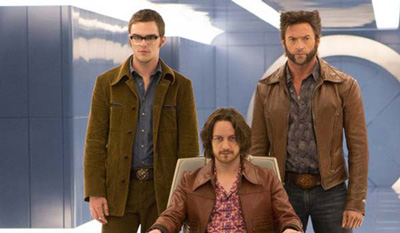
X-Men: Days of Future Past
Movies to
mark on your calendar
The Amazing Spider-Man 2 (May
2) – It’s not getting raves, but it’s the first summer movie and fans and
critics are so far liking this more than the first rebooted chapter starring
Andrew Garfield. Concerns about villain overcrowding affecting the script are
legitimate, but the entertainment value appears wickedly high.
Neighbors (May 9) – This comedy pits
frat boys (Zac Efron, Dave Franco) against new parents (Seth Rogen and Rose
Byrne) in a war of getting even when the two become neighbors. The movie has
gotten excellent reviews since it premiered at South by Southwest.
X-Men: Days of Future Past (May
23) – Bryan Singer, who directed the first two “X-Men” movies, got together the
original “X-Men” cast with their younger selves from “X-Men: First Class” for
the biggest “X-Men” movie yet. The story involves Wolverine (Hugh Jackman)
traveling back in time to stop an event that will lead to the destruction of
mutant kind.
The Fault in Our Stars (June
6) – Adapted from the best-selling novel, this movie features new “it girl”
Shailene Woodley (“Divergent”) as a teenager with cancer who falls in love with
a fellow cancer survivor. The script comes from the writers of “(500) Days of
Summer” and last summer’s coming-of-age hit “The Spectacular Now.”
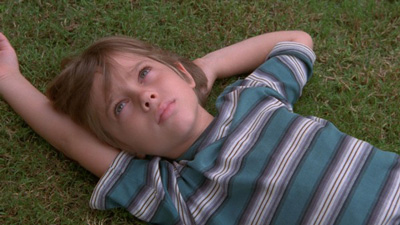
Boyhood (July 11) – This indie project
is something film nerds like myself have been following for a long time.
Richard Linklater filmed this movie over the course of 12 years to capture the
physical growth of a boy and his family. This groundbreaking effort has gotten
outstanding reviews at festivals thus far.
Dawn of the Planet of the Apes (July
11) – The 2011 summer hit “Rise of the Planet of the Apes” surprised everyone,
and buzz is high for the sequel, even though we’ve yet to see much. The story
supposedly involves the human survivors of the simian virus battling Caesar
(motion capture Andy Serkis) and the apes.
Guardians of the Galaxy (Aug.
1) – Marvel Studios’ summer film comes in unusual, irreverent form with this
take on a lesser-known comic about a ragtag group of intergalactic “heroes.”
Chris Pratt (“Parks & Recreation”) makes his action hero debut along with
Bradley Cooper voicing a CGI raccoon and Vin Diesel voicing a tree alien whose
only line is “I AM GROOT!”
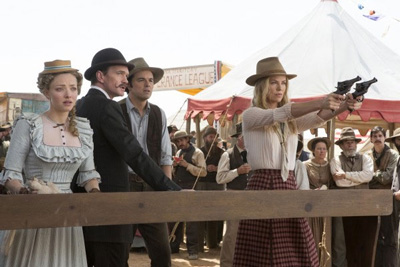
A Million Ways to Die in the West
Movies with
upside
Godzilla (May 16) – A reboot of
the infamous Japanese kaiju necessitates some skepticism, but the trailers have
been mind-blowing in scale, and director Gareth Edwards’ under-seen “Monsters”
offers proof that this version, starring Bryan Cranston, Elizabeth Olsen and
Aaron Taylor-Johnson could turn the “cheesy monster movie” stigma around.
A Million Ways to Die in the West (May
30) – Seth MacFarlane earned carte blanche with “Ted,” but can he strike gold
with a comedy Western, a genre that typical falters at the box office? Don’t
expect “Blazing Saddles,” but a cast with Liam Neeson, Charlize Theron, Neil
Patrick Harris and Sarah Silverman among others hold promise.
Edge of Tomorrow (June 6) – Tom Cruise and
sci fi go hand in hand these days. He plays a soldier in the future who relives
his death on the battlefield again and again. Eventually he teams up with Emily
Blunt, and each day they train harder and harder to change the outcome of the
battle. This high-concept action film could get confusing fast or be
fascinating – at least the talent is there.
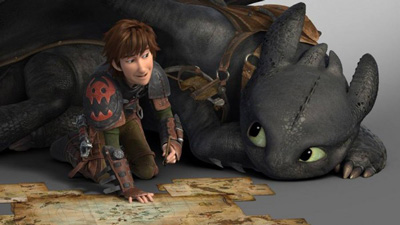
How to Train Your Dragon 2 (June
13) – Hiccup and his dragon Toothless won over audiences with charm and
sweeping 3D sequences, but that was four years ago. The film will surely be a
box-office smash with very few animated movies out this summer, but can
DreamWorks deliver a quality sequel?
Deliver Us from Evil (July 2) – Last year we
got a rare mid-summer horror hit in “The Conjuring.” Proven horror director
Scott Derrickson (“Sinister”) and stars Eric Bana, Edgar Ramirez and Olivia
Munn are all good signs this film based on the account of an actual NYC police
officer could offer a similar change of pace.
Jupiter Ascending (July 18) – “The Matrix”
directors Andy and Lana Wachowski deliver this ambitious sci-fi/fantasy tale
about an ordinary Earth woman (Mila Kunis) fated for greatness and swooped off
on an adventure by a genetically engineered Channing Tatum. A film with this
much imagination will either be a franchise-starter or a total failure.
Sin City: A Dame to Kill For (Aug.
22) – At long last, Robert Rodriguez got around to a “Sin City” sequel almost a
decade in the making. It looks like from the teaser that he hasn’t skipped a
beat, but we still don’t know much about this movie. On the other hand, it’s
star-studded and the buzz will surely grow.

Maleficent
Movies
with something to prove
Maleficent (May 30) - A “the story
you didn’t know” version of a Disney film through a villain’s eyes has lots of
geeky promise, especially with pitch-perfect casting in Angelina Jolie. Yet
after the disappointment of Tim Burton’s “Alice in Wonderland,” and mixed
reaction to “Oz, the Great and Powerful,” this rich CGI fantasy world movie has
something to prove.
22 Jump Street (June 13) – Yes, the
first one was hilarious, and I like directors Phil Lord and Christopher Miller
enough to trust in this sequel to some degree, but when was the last time you
saw a great comedy sequel? They are so rare, that it’s hard to put high
expectations on this movie.
Jersey Boys (June 20) – Movie
adaptations of hit musicals are usually awards-season material, so what’s
“Jersey Boys” doing in the summer? The music sure is catchy, but the bigger
question is can Clint Eastwood bounce back? He hasn’t made an excellent movie
in some time now.
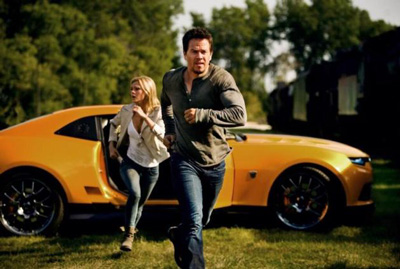
Transformers: Age of Extinction (June
27) – With Shia LaBeouf gone and Mark Wahlberg now the face of the franchise, is
this the “fresh start” fans wanted or the same big, loud, dumb Michael Bay
routine with new actors? These films have always been technically impressive,
but the plots have been garbage. And as much as I loved Dinobots as a kid, I’m
not sure how that they’ll work in an actual story.
Get On Up (Aug. 1) – Director Tate
Taylor (“The Help”) will try and change up the pace of the summer once again
with this James Brown biopic. How impressive that star Chadwick Boseman can
play baseball legend Jackie Robinson and the king of soul? He’s a true talent,
but as much as the good pieces are in place, this is more likely than not
another by-the-numbers music biopic given the August release.
Let’s Be Cops (Aug. 13) – Fans of TV’s
“New Girl” will delight to see Coach (Damon Wayans, Jr.) and Nick (Jake
Johnson) on the big screen in this comedy about two friends who score authentic
police uniforms for a party and soon realize they can get away with
impersonating officers. It’s a shot in the dark, but this could be a
surprisingly funny comedy.
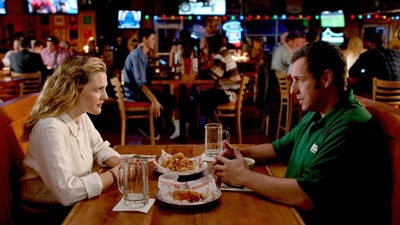
Blended
Movies to
be skeptical of
Blended (May 23) – Adam Sandler and Drew
Barrymore reunite for the third time, but considering “The Wedding Singer” and
“50 First Dates” were actually charming, the cliché doesn’t quite work here. Anyway,
Sandler’s films have been awful of late, so the only hope is that he’s gone for
more heart given the family tone of this story of a single dad and mom whose
families are stuck together on an African vacation.
Hercules (July 25) – Dwayne
Johnson is one of few worthy to take on the lion mantle of Hercules on the big
screen, but Brett Ratner is far from the ideal director for an epic fantasy
action film (movie geeks despise the man). The teaser trailer looks good, but
manage your expectations.
Sex Tape (July 25) – The team
behind “Bad Teacher,” including stars Jason Segel and Cameron Diaz, in the
story of a husband and wife whose sex tape goes viral. When the whole reason
your movie has a plot is because of “the Cloud,” there’s reason for concern, as
easy to enjoy as “Bad Teacher” was.

Teenage Mutant Ninja Turtles (Aug.
8) – People were very sensitive and accusatory when word of this reboot first
broke given the way producer Michael Bay described it, and with Megan Fox as
April O’Neil, few plan to take this reboot seriously.
The Giver (Aug. 15) – My 7th grade
self would’ve been all over this adaptation of the Lois Lowry novel with Jeff
Bridges and Meryl Streep in supporting roles, but it seems the only reason this
classic dystopia film got on the fast track is because of “The Hunger Games.”
Expect people to take a critical lens to this adaptation.
The Expendables 3 (Aug. 15) – The old action
stars are back with the familiar faces and new ones in Wesley Snipes, Harrison
Ford, Antonio Banderas and Mel Gibson as the villain. “The Expendables 2”
turned out to be a good bit of fun, but how many times can you ride these old
dogs?
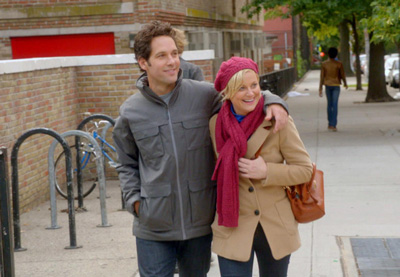
They Came Together
Small
movies to put on your radar
Chef (May 9) – Actor/director Jon
Favreau pulls together an exciting cast in one of those indies so full of names
(chief among them Robert Downey Jr. and Scarlett Johansson) you wonder if it’s
really an indie. After losing his job for being too avant garde, a chef
(Favreau) starts up a food truck.
The Double (May 9) – Jesse Eisenberg
stars in British director Richard Ayoade’s take on Dostoevsky’s novel about a
man whose doppelganger suddenly comes into his life and he’s more outgoing and
charismatic. The film has gotten respectable reviews since its debut at the
Toronto International Film Festival last fall.
They Came Together (June 27) – David Wain
(“Wet Hot American Summer,” “Role Models”) crafts a biting satire on romantic
comedies starring Paul Rudd and Amy Poehler. Does it get better? The film
received strong reviews at Sundance.
Begin Again (July 4) – Mark Ruffalo
plays a troubled music exec and Keira Knightley a singer/songwriter who could
turn his career around. Maroon 5’s Adam Levine and Cee Lo Green also star. From
the director of the musical movie “Once.”
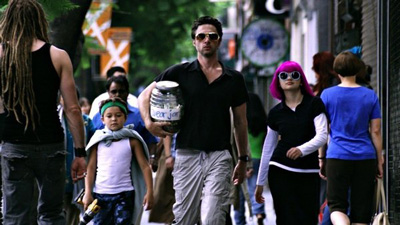
Wish I Was Here (July 18) – Zach Braff
has yet to repeat the achievement that was “Garden State,” and while critics
have not been impressed with his latest, fans at Sundance took a liking to this
story of a dad who decides to home school his children and their adventures in
the process.
Magic in the Moonlight (July
25) – Woody Allen’s newest film stars Emma Stone and Colin Firth and involves a
swindle of some kind. We don’t know much else as of yet, but as with any Allen
film, it could be amazing or a total waste of time.
Happy Christmas (July 25) – Joe Swanberg,
whose last movie, “Drinking Buddies,” was a Chicago favorite, revealed his
latest movie at Sundance, about a 20-something (Anna Kendrick) who crashes in
Chicago with her brother and sister-in-law and their young child and shakes up
the family dynamic.
Love Is Strange (Aug. 22) – John Lithgow
and Alfred Molina play a gay couple of nearly 40 years who after finally
getting married, are forced to live apart when one is fired from his Catholic
school job. Early festival reviews are glowing.
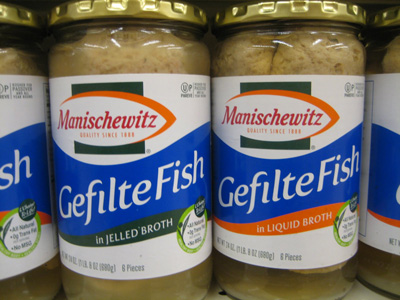



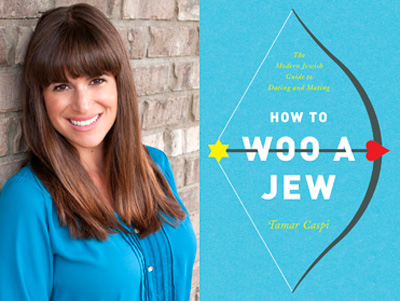
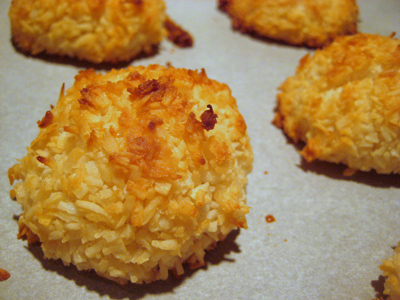
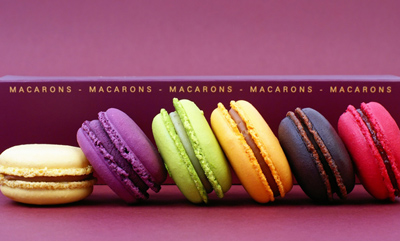



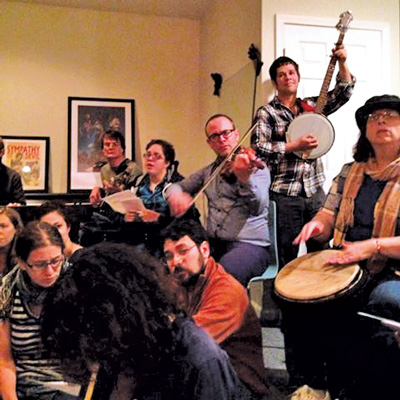
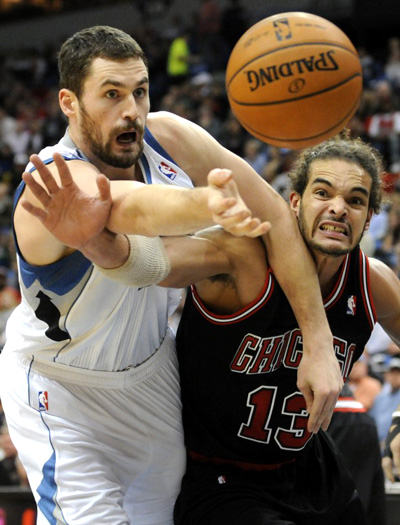

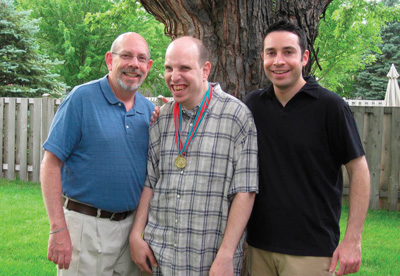
.jpg)
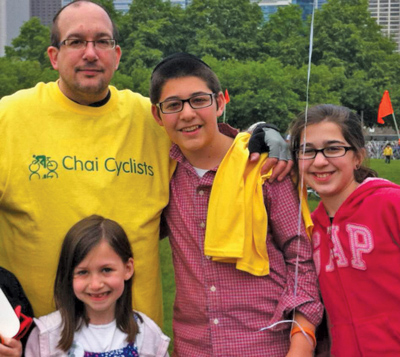
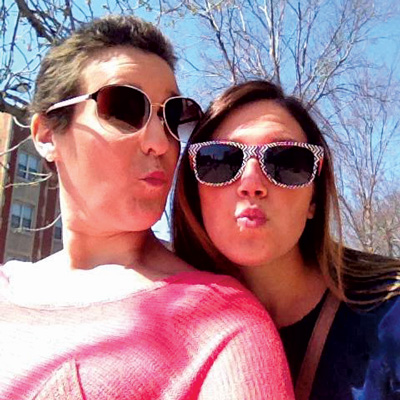
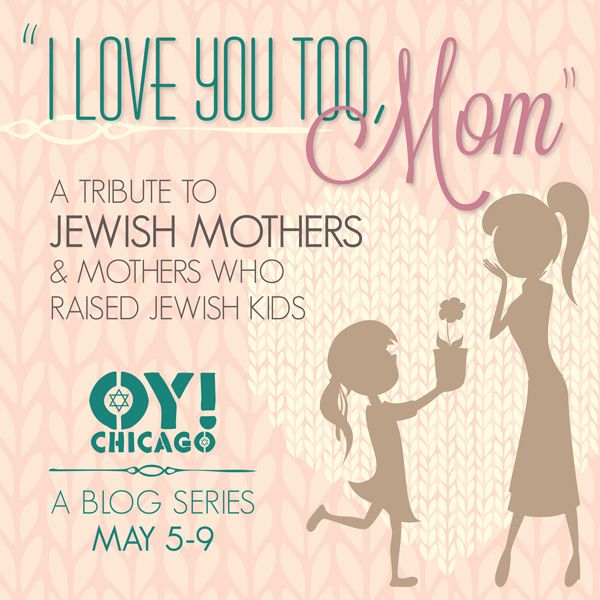
.jpg)
.jpg)
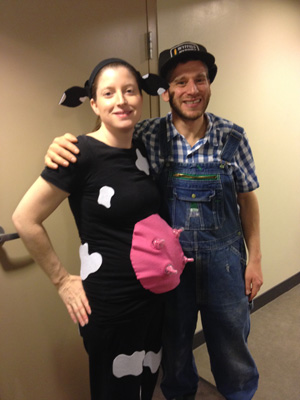
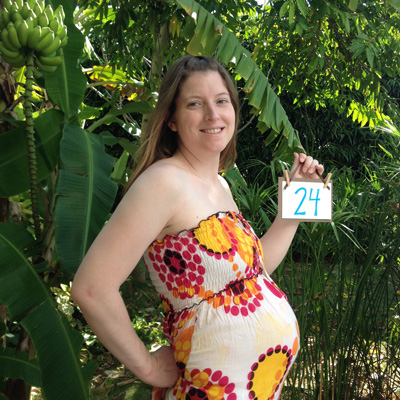
.jpg)
.jpg)
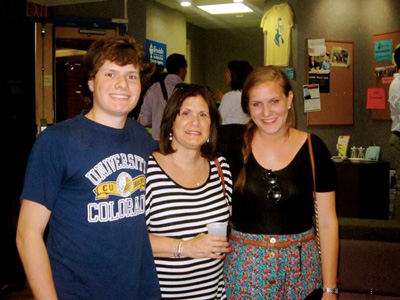
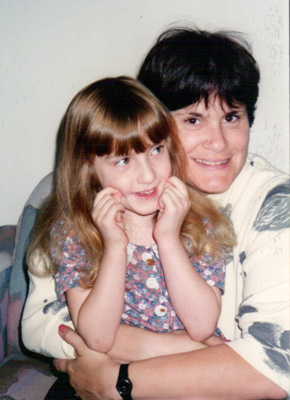
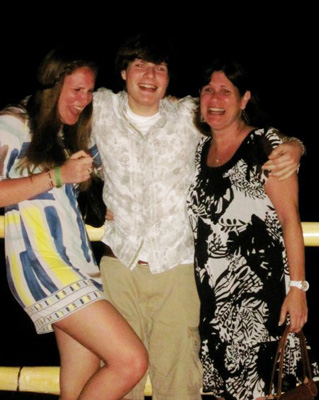
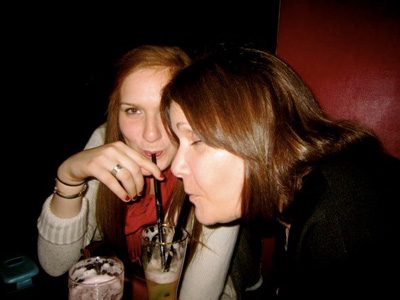
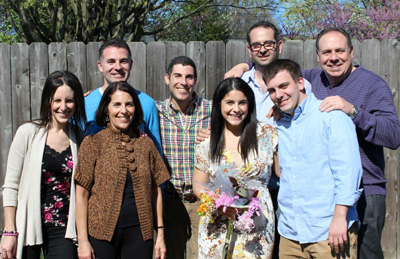
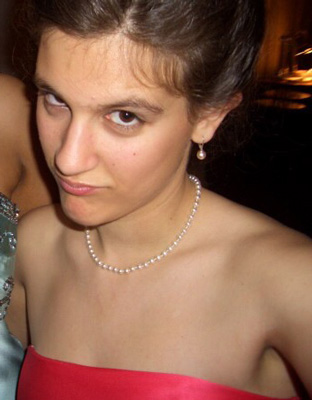











.jpg)



